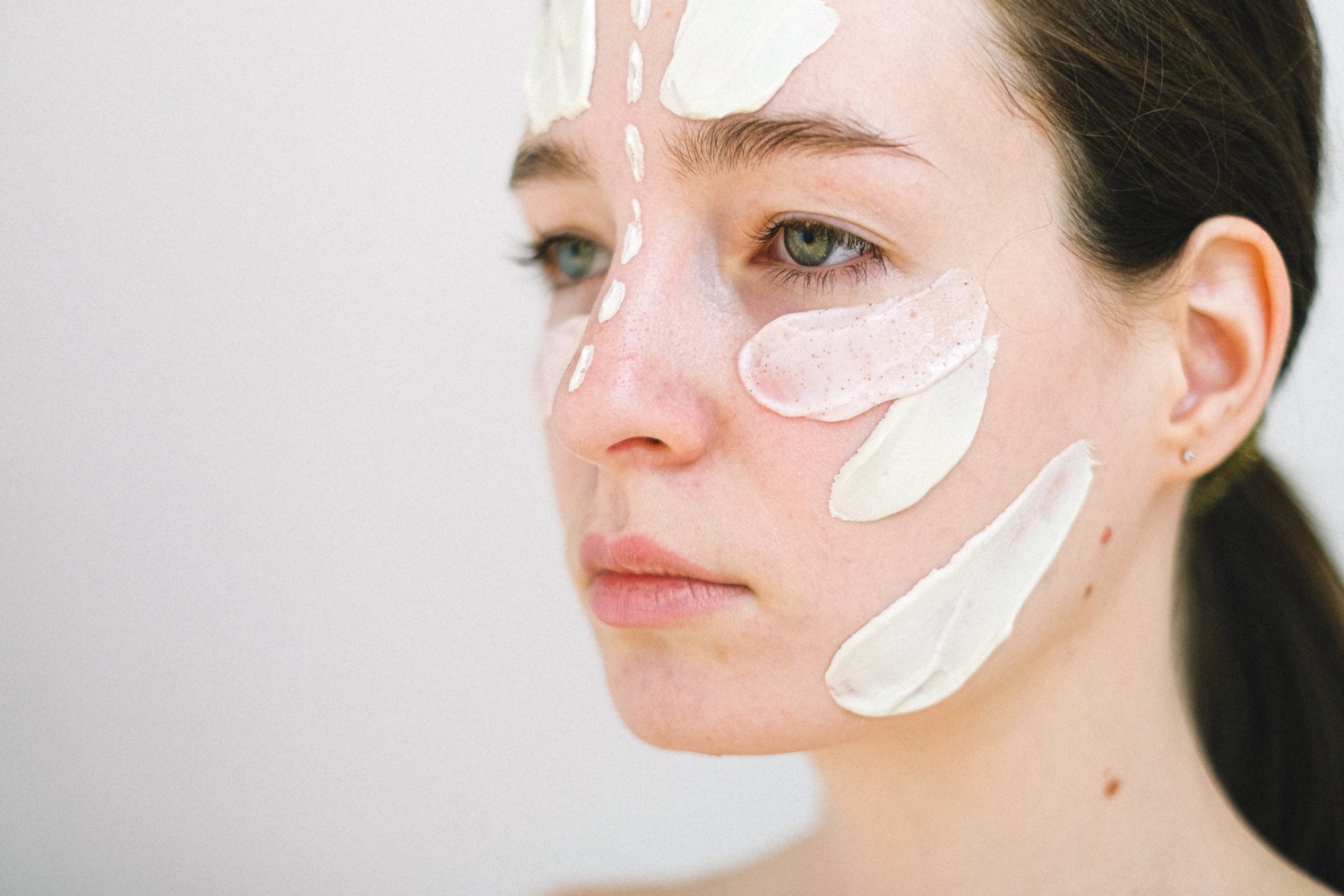
Occlusives are present in every skincare product that hydrates the skin. From lip balms and facials moisturizers to body lotions, occlusives are the workhorse ingredients that are a godsend for people with dry or dehydrated skin. They also help in preventing premature signs of aging like lines and wrinkles, heal wounds, and help skin recover from sun damage.
As Olay Scientific Communications Senior Director Dr. Frauke Neuser explains to Good Housekeeping, occlusives are moisturizing agents that form a protective layer over the skin's surface and forms a barrier to prevent the loss of moisture. They also protect the skin from external factors like wind, pollen, and friction. Dr. Neuser adds that occlusives are best for those who have dry or dehydrated skin. As they usually have a thick and heavy consistency, people with oily skin should avoid face products with certain occlusives. More on that below.
Occlusives VS Humectants
Occlusives and humectants are the two most important ingredients in moisturizing products. While it's a common misconception that they serve the same purpose, they actually have different properties. Occlusives stops natural moisture and water from evaporating from the skin by providing a waterproof coating on the surface while humectants, like glycerin and hyaluronic acid, attract water into the skin. Both ingredients work to keep the skin hydrated and plump. You will usually find both in the same products.
Also read: Dermatologists Teach You How to Repair and Protect Your Skin's Moisture Barrier
Kinds of Occlusives
Petrolatum
Petrolatum is the most used and well-studied occlusive. It's superior in preventing moisture and water loss compared to other kinds and is FDA-approved to use as an over-the-counter protectant for the skin. According to Byrdie, The American Academy of Dermatology recommends petroleum jelly to soothe diaper rash, dry skin and eczema. It can also help accelerate wound healing and to minimize scars and scabs. Try Vaseline Original Petroleum Jelly, Aquaphor Healing Ointment or CeraVe Healing Ointment.
Beeswax
Beeswax comes from honeycomb and is often used in lip balms. The most popular lip balm in the market that features beeswax as the hero ingredient is Burt's Bees Beeswax Lip Balm.
Castor Oil
Castor oil is an occlusive oil that is rich in an antioxidant called ricinoleic acid. Ricinoleic acid protects the skin from free radicals and has anti-inflammatory properties. Castor oil is also said to promote hair growth and can be used directly on hair as a conditioning mask. Cosmopolitan suggests Sky Organics Organic Cold-Pressed Castor Oil, Sunny Isle Jamaican Black Castor Oil and Kreyòl Essence Haitian Black Castor Oil.
Shea Butter
Shea butter is produced from the nuts of the shea tree. It's rich in fatty acids and antioxidants that moisturize and protect the skin. Allure recommends Jergens Rose Body Butter, La Roche-Posay Lipikar Balm AP+, CureÌl Hydratherapy Wet Skin Moisturizer, KreyoÌ€l Essence Haitian Shea Butter and Drunk Elephant Sili Body Lotion.
Squalane
Squalane is the more stable derivative of squalene and is great at keeping skin hydrated and moisturized. Cosmetic dermatologist Dr. Tiina Meder tells Harper's Bazaar that its anti-inflammatory properties can help those who struggle with acne, dermatitis, eczema, rosacea and psoriasis. Try The Ordinary 100% Plant-Derived Squalane, The Inkey List Squalane Face Oil or Biossance 100% Squalane Oil.
Related article: Dermatologists Recommend These Soothing Moisturizers To Avoid Dry and Sensitive Skin in the Winter